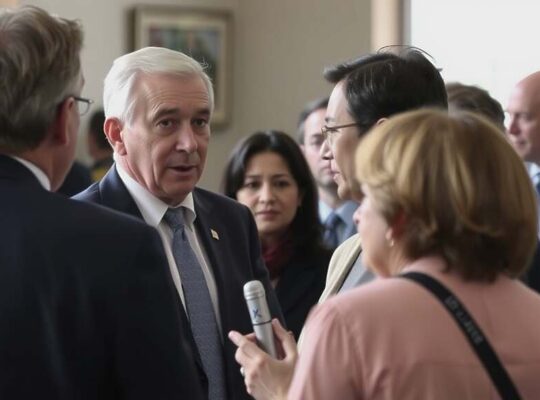Concerns are mounting within the German Social Democratic Party (SPD) regarding the feasibility and potential consequences of the planned ban on internal combustion engine vehicles by 2035. Several SPD parliamentarians are publicly questioning the current trajectory, citing potential economic disruption and the need for greater flexibility in the transition.
Esra Limbacher, spokesperson for the “Seeheimer Kreis” a more conservative faction within the SPD, emphasized the significant challenges facing the automotive industry in meeting the European Union’s ambitious timeline. She argued for increased pragmatism concerning fleet emission standards and associated penalties, stating that the present goals appear distant for the industry and risk leaving it isolated.
Limbacher stressed the crucial role of the automotive and supplier industries in the German economy, cautioning that a credible climate policy must avoid driving advanced manufacturing facilities to close down and relocate production to regions with less stringent environmental standards.
Echoing this sentiment, fellow SPD parliamentarian Andreas Schwarz pointed to the significant impact on businesses in his constituency, many of which are automotive suppliers. He noted the increasing calls for technological neutrality, arguing that government intervention in technical matters should be approached cautiously, as the state is not inherently superior in engineering expertise.
Schwarz underscored the widespread anxiety surrounding the transformations within the automotive sector and emphasized the responsibility of a party like the SPD, rooted in the working class, to engage deeply with these concerns and address the anxieties of citizens. The need for a more nuanced and adaptable approach to the automotive transition is increasingly apparent within the party.












